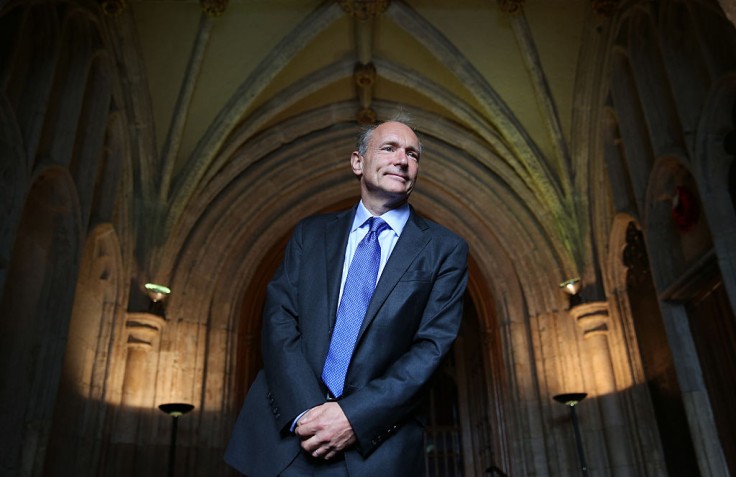Tim Berners-Lee is a scientist and academic who was named one of Time Magazine's "100 Most Important People of the 20th Century."
Let's take a look at the life of the man who created the World Wide Web, whose visionary and revolutionary work has influenced practically every area of our lives.

The Inventor of the World Wide Web
The British scientist, who was born on 8 June 1955, first described the concept of a global system in 1980 while working at CERN, the European Particle Physics Laboratory in Geneva, as per BBC. This is based on the concept of "hypertext," which allows researchers to exchange data from anywhere. He also created an "Enquire" prototype.
He published "Information Management: A Proposal" in 1984, in which he combined hypertext and the Internet to establish a system for sharing and disseminating information not just within a company, but globally. And that is how the World Wide Web was born.
According to Vanity Fair, Berners-Lee's invention was originally intended to aid scientists in sharing data over an obscure network known as the Internet. However, as he had decided to share the source code for free, it immediately took on a life of its own. He did this in order to make the Web an open and democratic platform for all.
Challenges on the World Wide Web
Vanity Fair also mentioned that Berners-Lee has spent most of his life attempting to protect his creation, despite the fact that he never directly profited from it. He saw that the Web's epic potential will drastically disrupt governments, businesses, and societies. He also saw his creation as having the capacity to ruin worlds in the wrong hands. With the different cybersecurity attacks that are common today, we can tell that his prophecy came true.
Other Inventions, Awards and Achievements
Because of his massive impact on the world, the creator of the World Wide Web was actually presented various awards. However, did you know that the World Wide Web is not the only thing that Berners-Lee had discovered and founded?
Below are some of his achievements throughout the years (via BBC and Web Foundation):
He was the inventor of the first web browser and editor
He co-founded the Open Data Institute (ODI) in 2012, which promotes open data in the UK and around the world
He is a founding director of the World Wide Web Foundation, an organization that aims to ensure the web serves humanity
He is the Director of the World Wide Web Consortium, which he established in 1994 to help the web reach its full potential
Knighted by H.M. Queen Elizabeth in 2004
In 2004, he received the Finland Millennium Prize
Elected as a Fellow of the American Academy of Arts and Sciences in 2009
He played a starring role in the opening ceremony for the 2012 Olympics
Awarded the first Queen Elizabeth Prize for Engineering in 2013
Awarded the A.M. Turing Award in 2016, which is also known as "computing's Nobel Prize"
He was awarded the UK's Order of Merit, which is a personal gift of the monarch limited to just 24 living recipients, in 2017
He has been awarded more than ten honorary doctorates
Internet Hall of Fame member
An Oxford University graduate who currently holds academic posts at the Massachusetts Institute of Technology at Computer Science and Artificial Intelligence Lab (CSAIL) and the University of Oxford
Related Article: Want To Start Living a Healthier Lifestyle? Check Out These 7 Vegan and Vegetarian Apps!









